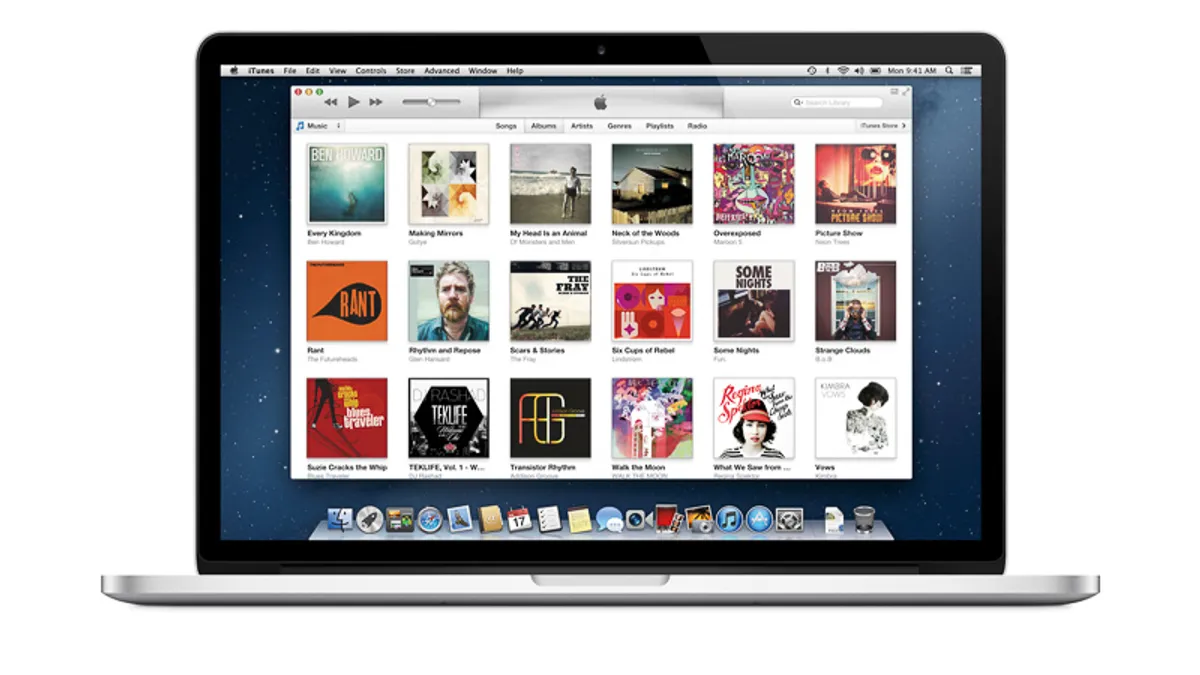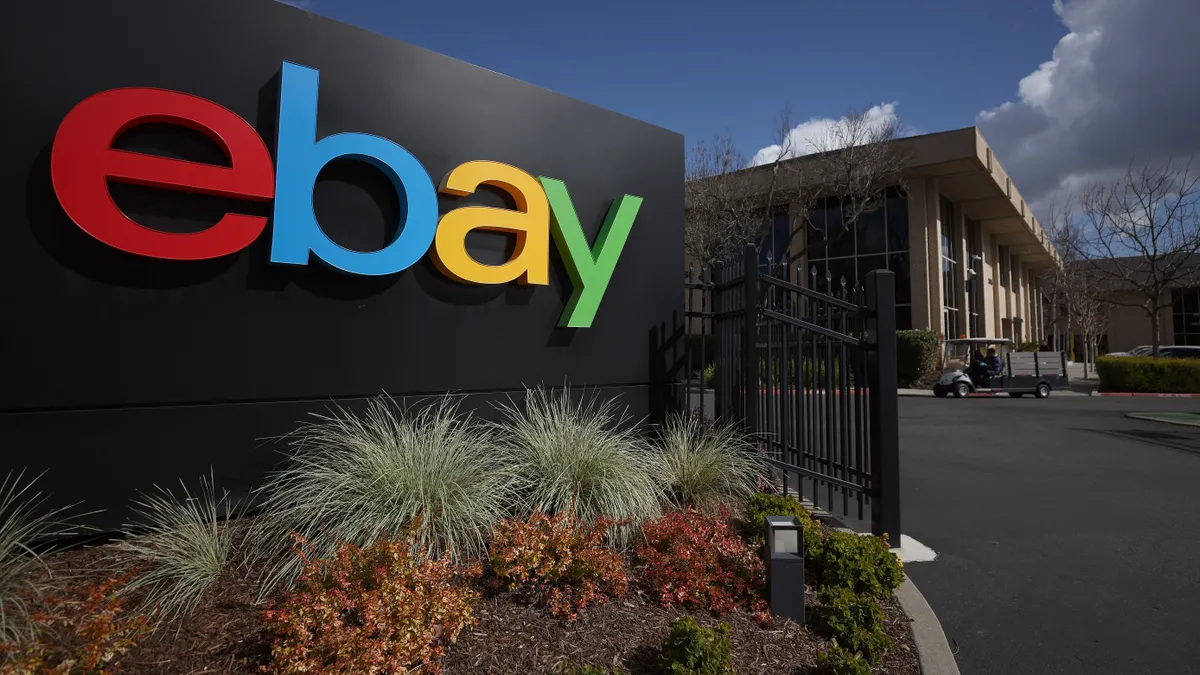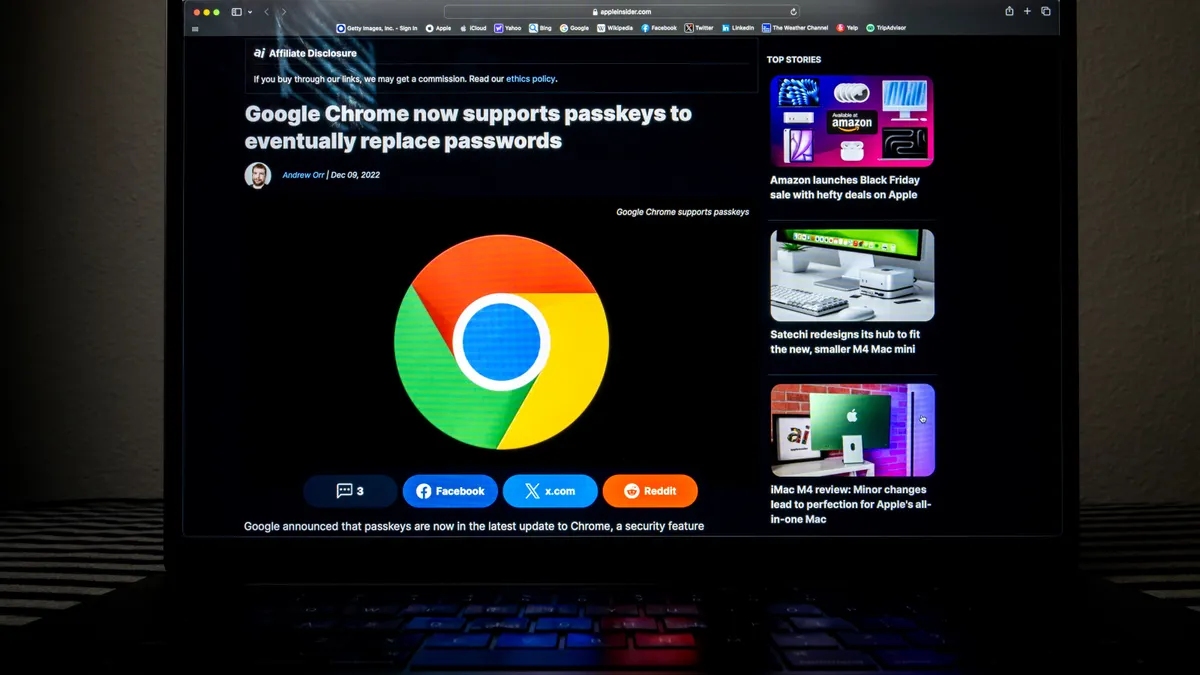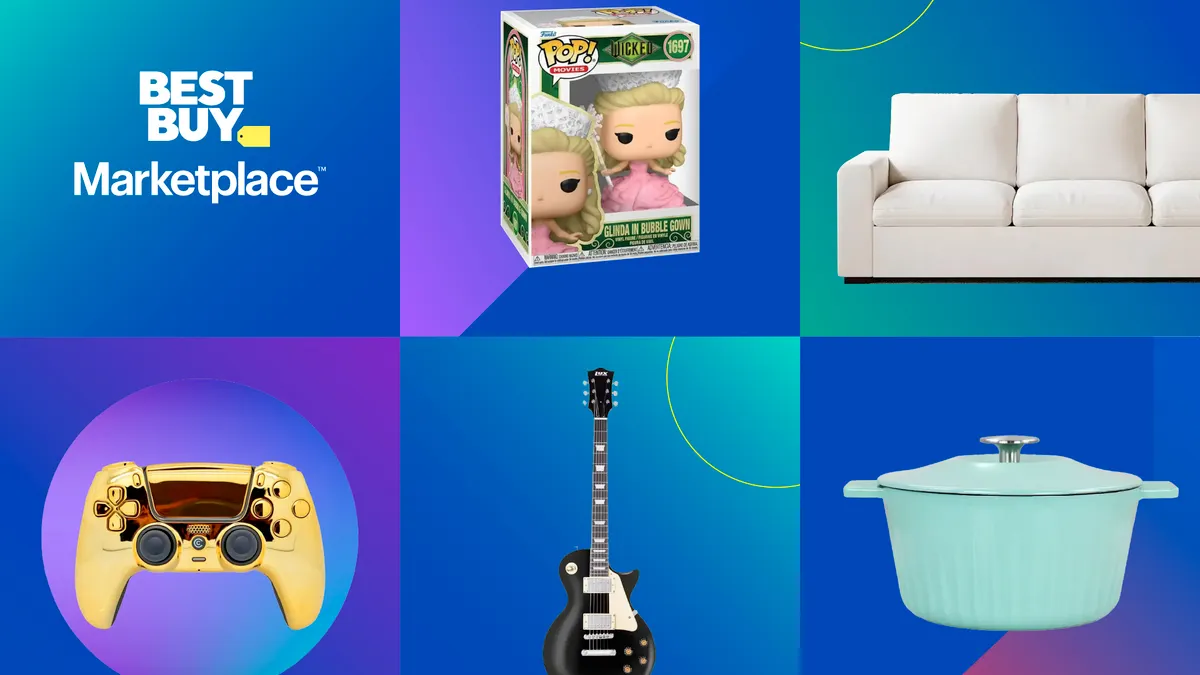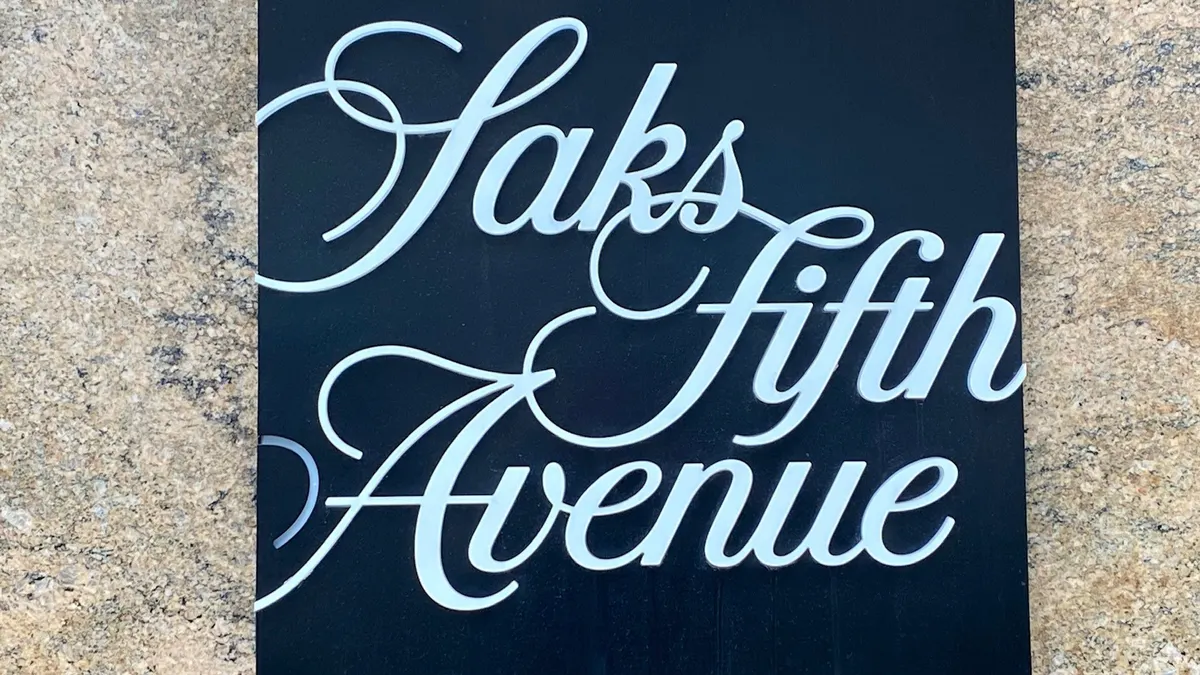For a retailer notorious for not offering discounts on its products, Apple’s gift of U2’s new album, Songs of Innocence, was a curious move, and the fact that it showed up automatically in iTunes users’ music libraries was bizarre.
The backlash was swift. Sharon Osbourne, one of many high-profile critics, tweeted a series of insults, including one saying that U2 had to give the album away because no one would buy it. People said the “U” in “U2” stands for “Unwanted.” Facebook and Twitter were full of complaints and gags, and Snopes had to debunk a story about U2’s War album shipping in the 1980s with every purchase of a cassette player.
Take it back, please!
In a chat exchange that CNET’s Michelle Starr had with Apple about “returning” the album, the company replied, in part, “Wiping a purchase from history is not exactly a function.”
But Apple threw up its hands a week later and released a tool that allowed iTunes users to remove the album. That didn't end the needling though; comedian Conan O’Brien, for one, released a parody video about a further promise to delete the new album from people’s memories.
Worse than spam
But others weren't laughing.
“Don’t shove your music into people’s homes. A U2 album that some would have taken seriously was instead turned into an album that seems as pointless as it probably is,” wrote New Yorker music critic Sasha Frere-Jones. “Lack of consent is not the future.”
News out of Apple World after Sept. 9 was dominated by the iPhone 6, the Apple Watch, and Apple Pay. The free U2 album had its grateful fans—but on balance, the consensus reaction was that consumers were troubled by that lack of consent.
It was like an allergic reaction: nothing fatal, but the internet sort of broke out in hives.
The album download was probably a net loss for Apple’s reputation, and it’s still getting a lot of ink. Rather than being met with what Apple executives (including Beats’ Jimmy Iovine, who produced U2’s 1988 album, Rattle & Hum, and is seen as a marketing magician) must have thought would be gratitude, the move was interpreted as a kind of merchandise spam. Indeed, Wired magazine’s Vijith Assar said it was actually worse than spam.
“Automated downloads are great for the things you actually want to download, like a favorite podcast or the kind of security updates that might have prevented the massive recent leak of private photos from Apple’s iCloud service," Assar wrote.
"WordPress and Google Chrome keep themselves safe and stable using almost imperceptible background update processes, and the Internet is healthier for it," he continued. "But to anoint an otherwise inconsequential cultural artifact as worthy of bandwidth, storage space, and mental overhead on behalf of every single iTunes user is tantamount to Apple picking the music for the devices it sells.”
Missed opportunities
The automatic download seems to run counter to Apple’s own careful practice of asking its users for permission to download software updates and to double-check whether they really want to make that iTunes purchase.
That the gift was downloadable music, which is on the wane as people turn increasingly to streaming services, is also a missed opportunity for Apple. After all, the company recently acquired Beats Electronics, including its streaming music service, for $3 billion.
Although Apple is reportedly mulling shutting down the Beats streaming service or possibly rolling it into iTunes, the future of getting music to consumers seems to be in streaming. A free limited-time subscription or always-free access to stream Songs of Innocence could have hooked some new users onto Apple's paid streaming service rather than irking them.
Apple paid the band and its label, Universal, royalty fees and marketing efforts worth $100 million, according to sources who spoke to the New York Times. Aside from the hard cash, the band got its first album in five years into some 500 million users' hands—at least before people started deleting it. U2's back catalog is doing well now on iTunes, too, although the band is being slammed more for being “middle-aged” and “old” than it probably would have had the Apple debacle never occurred.
Learning from Bey
Remember the stealth release of Beyoncé’s album Beyoncé last December? The only marketing Beyoncé did was to send out a “Surprise!” on Instagram the day of its release, and eager fans crashed iTunes trying to download it all at once. Even though the album wasn’t a give-away, it felt to many like a gift.
Songs of Innocence, meanwhile, really was a gift—but one that will probably always be remembered as landing with an intrusive thud.
Would you like to see more retail news like this in your inbox on a daily basis? Subscribe to our Retail Dive email newsletter! You may also want to read Retail Dive's look at why offensive apparel continues to make the cut.



